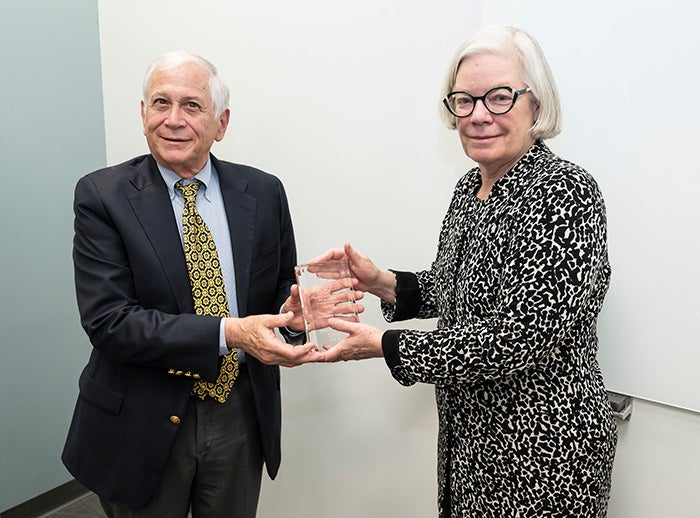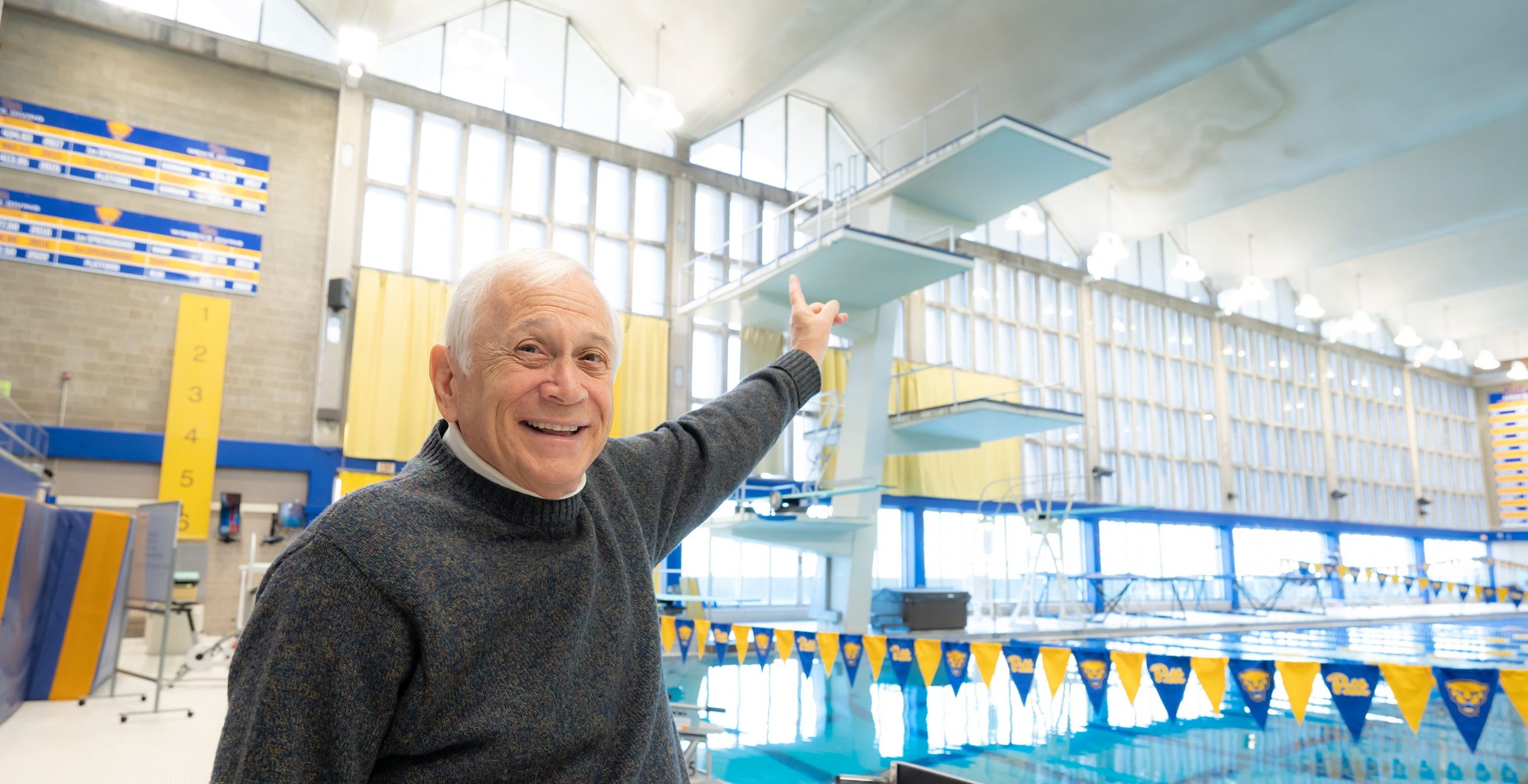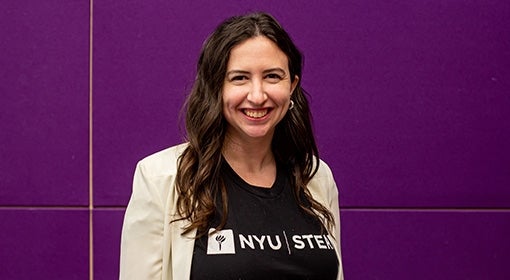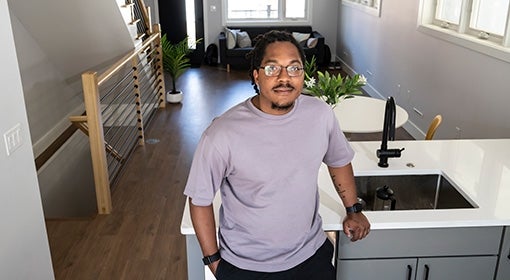Harvey Cohen is having doubts as he climbs the high dive at Trees Hall’s swimming pool. When the Pitt first-year student signed up for the physical education lifesaving class, it seemed like a good idea. After all, he’d had lifeguard training in high school, and he was a good swimmer. But, in this moment, as the pool shrinks beneath him, he feels less than enthusiastic.
The instructor tells Cohen that he needs to keep his head above the water when he dives — no matter how painful that makes the splash — to ensure he doesn’t lose sight of the potential drowning victim.
But as he keeps climbing up, it dawns on him that he’s never jumped off something so high.
“Is it quicker to go back down the ladder or to jump?” he wonders.
This to-dive or not-to-dive moment occurred in 1964, but Cohen remembers it like it was yesterday. He jumped. “It was not pretty, but I survived,” he laughs nearly 60 years later.
My Pitt education was the foundation for my future.
Harvey Cohen
That jump represented more than a passing grade. It demonstrated Cohen’s determination, accountability and courage — all of which he would need just to earn his diploma.
Not long after that dive, he received devastating news. His father had died unexpectedly.
While he and his family grieved, Cohen also realized the financial adversity his dad’s passing placed on his family: “It was really hard on my mom; and, from then on, I was basically on my own, especially when it came to paying for college.”
Relying on those traits that got him to jump off the high dive, he plunged ahead: “I never thought about giving up on my education. I worked three jobs every summer to pay my bills — a 9-to-5 day job, a job at night and a third on weekends.”

He earned his degree in economics from Pitt in 1968 and went on to earn an MBA from New York University. His tenacity continued to serve him well. Early in his career, he worked at Touche Ross & Co, one of the “big eight” accounting firms at that time. Transferred to the Atlanta office, he established roots in that city. When the firm offered him a move up on the condition that he transfer out of Atlanta, he had the courage to start his own firm instead.
His company gained momentum — and clients — and Cohen developed a specialized practice in forensic accounting, which entails investigating cases of professional malpractice and analyzing financial information for use in legal proceedings.
Thick FedEx packages stuffed with tax returns and memoranda would often land on his desk alongside publications from the IRS outlining transactions that the federal government flagged as questionable. Countless hours passed for Cohen, wading through material in preparation to give testimony for plaintiffs wronged by dubious advice.
In one typical case, a client had paid $500,000 to an accounting firm that represented to the client that their tax shelter strategy would lead to a significant tax saving. But when the IRS questioned the practice (as it did with shelters being offered by many large firms in the 1990s), the accounting firm wouldn’t vouch for its own product. With Cohen’s expertise, the plaintiff successfully placed blame where it belonged.
He retired in 2006, though he continues to offer accounting and investment advice for a few clients and nonprofits. He’s become a philanthropist, too: “I’ve done well and invested well … and I don’t have a great need for multiple houses or boats or planes,” he says.
The recipients of his giving include his alma mater. He says he’s grateful to Pitt for serving as an important “stepping stone” toward his successful career: “About seven years ago, I did some reflecting and began to appreciate that Pitt is where it all started,” he says. “My Pitt education was the foundation for my future.”
Through estate planning, he has created two multimillion-dollar endowed funds in the Department of Economics and the College of Business Administration to support research and outside-the-classroom experiences.
One fund is the Harvey Steven Cohen Endowment for Behavioral Economic Research (part of Pitt’s Experimental Economics Laboratory), which directs volunteer test participants through economic scenarios and matches their decision-making with models created by researchers to help determine economic, political and social outcomes of future policy decisions.
“That approach is new to me,” says Cohen. “These computerized simulations take you through all the questions, getting to usable insights on how economic theories actually play out.”
Cohen is also making annual gifts to the funds: “I want to give somebody an opportunity they might not have had otherwise. I want to create a stepping stone for them,” something he had to provide for himself during his undergraduate days.
But just like taking that jump off the high dive, he adds, “I have never looked back and thought ‘Why am I doing this?’ It’s one of the best investments that I’ve made.”
This story was published on May 5, 2023. It is part of Pitt Magazine's Spring 2023 issue.





